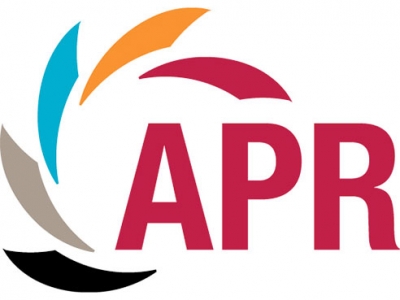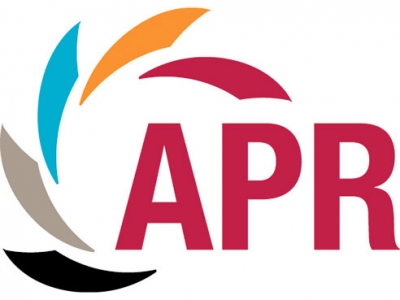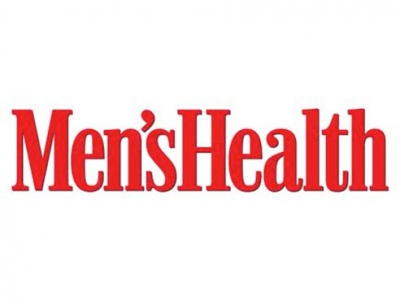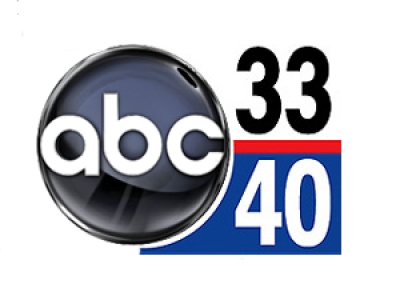In the News - News
A new study has suggested that innovation in drugs may happen outside of the traditional academic setting. Protein crystallisation research from the University of Alabama at Birmingham has demonstrated that the secret could be in space. Lawrence DeLucas, OD, PhD, director of the Center for Biophysical Sciences and Engineering said that the human body contains many proteins, which are known to be connected to a number of diseases.
Scientists have found a significant increase in brain activity related to problem-solving and decision-making when we're trying to tell if a webpage is legitimate or not. it seems we're still pretty bad at spotting fake sites. Unsurprisingly, more impulsive personalities tend to apply less thinking to such tasks. These are the findings of a study by a mixed group of computer scientists and psychologists at the University of Alabama at Birmingham.
In one of the best studies to date, published last year in The Journal of the American Academy of Dermatology, researchers at the University of Alabama at Birmingham found that laser treatments produced no improvements in patients with toenail fungus, even after five sessions.
The Sparkman Center's mission is to contribute to solutions of health problems in developing countries through graduate-level public health education, research, and training programs. The Sparkman Center is launching two community initiatives on March 11, Sparkman Community Partners and Friends of Sparkman.
ECMO takes on the function of the heart and lungs by routing the patient’s blood into the machine where carbon dioxide is removed and oxygen is added. The blood is then pumped back into the body. “This technology has improved over time, and there have been many advances in the machines that have made ECMO much safer with wider applications,” said Enrique Diaz, M.D., associate professor in the Division of Pulmonary, Allergy and Critical Care Medicine.
A bill to allow the treatment of epileptic seizures with a marijuana derivative has turned into a $1 million medical study that will supply the product to Alabama families. The revised bill allows the Department of Neurology at the University of Alabama at Birmingham to do a $1 million study of cannabidiol, or CBD. People prescribed the oil by UAB would have legal protection.
The National Alumni Society at the University of Alabama at Birmingham recently announced the winners of its Excellence in Business awards. The UAB Excellence in Business Top 25 award program identifies, recognizes and celebrates the success of the top 25 UAB alumni-owned or UAB alumni-operated businesses.
The recently released AREDS 2 study confirmed that the added ingredients and formulation created by Jon O. Mason, III, M.D., a retina surgeon from the Callahan Eye Foundation Hospital at the University of Alabama at Birmingham who introduced the Macular Health eye supplement with Jeffery McAnnally, as the most effective of four different formulations tested in the study in slowing or preventing vision loss due to AMD.
UAB’s new $35 million student center will have Panera Bread, Starbucks and bookstore along with other retail and restaurant space and places for students, faculty and staff to meet, mingle and even play video games.
More than 1000 tombs and 3000 ancient settlements were also revealed by looking at infra-red images which show up underground buildings. The work has been pioneered at the University of Alabama at Birmingham by US Egyptologist Sarah Parcak. “To excavate a pyramid is the dream of every archaeologist,” Dr Parcak said.
"Obesity seems to have risen in virtually every country where detailed data is available," says David B. Allison, Ph.D., director of the Nutrition Obesity Research Center at the University of Alabama at Birmingham. This even includes areas in the world like rural China, where stereotypically American fat factors—from junk food to video games—have yet to infiltrate peoples' lives.
A 2012 study by the University of Alabama at Birmingham, reported in Science Daily, found that springing forward by an hour was associated with a 10 per cent increase in the risk of heart attack over the following 48 hours, but it did not pinpoint the reason. The study found a corresponding 10 per cent decrease in heart attack risk over the 48 hours after people "fall back" and gain an extra sleeping hour in the fall.




















